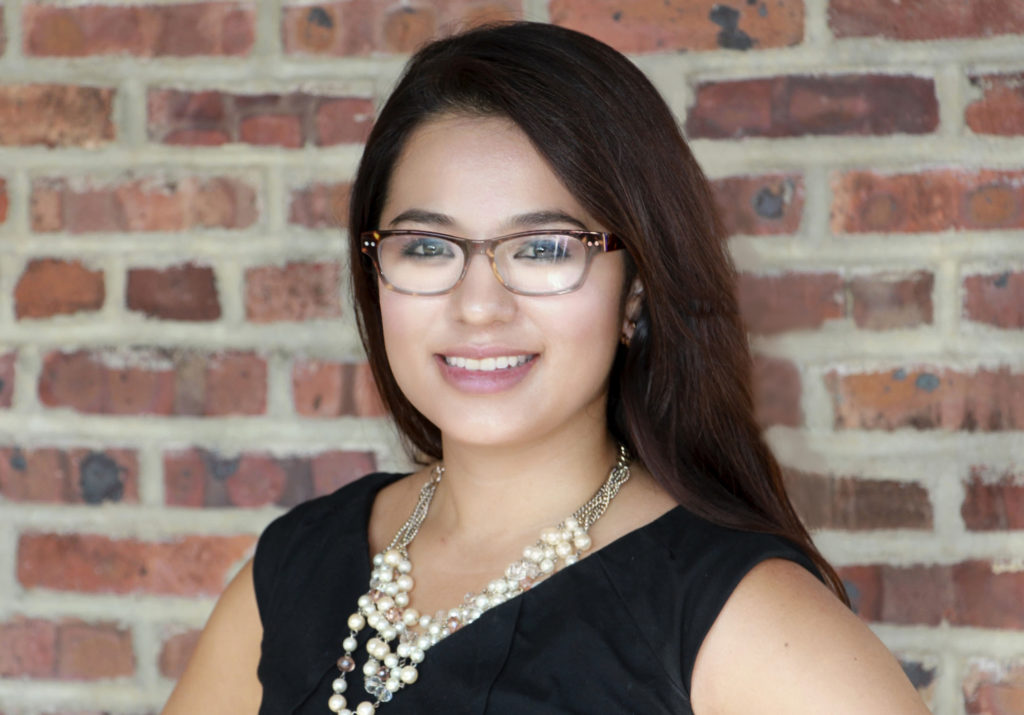Millennials Can Change the Face of American Politics… If They Vote

Tomorrow, the much anticipated mid-term elections will take place, giving voters yet another opportunity to have their voices heard. The majority of these eligible voters will be members of my generation, the millennials, that is, if they choose to vote in New Jersey.
Early voting by young people are up nearly by 500% in battleground states like Texas and Georgia, according to TargetSmart. Young people will have an opportunity to vote for the nation’s first African American female elected Governor of Georgia and vote out incumbent Republican Ted Cruz, a prominent Trump-supporter.
In New Jersey, millennials have the opportunity of gaining four new congressional seats- should they vote.
In general, millennials don’t have the best track record on voting, but experts are expecting record turnouts across the nation. According to Pew Research, an estimated 62 million millennials (ages 20 to 35) have reached voting age, compared to 70 million Baby Boomers. The number of millennial voters will continue to grow mainly through immigration and naturalization while the older generation’s numbers decline. Millennials have the potential of being a powerful voting bloc, advancing the issues they feel are important.
Potential, however, is not actual. Although millennials represent the largest voting bloc in the electorate, they don’t exercise that right by casting their ballot. In 2016, 51 percent of eligible millennials voted, much lower than the overall 61 percent of the electorate who did. For this generation to make an impact, a minimum of 61 percent would have to have participated. Historically, younger voters including Generation X (ages 36 to 51), millennials, and post-millennials (ages 18 to 19) vote at a much lower rate. Between 2006 and 20014, only 20 percent of eligible millennials voted in the midterms as compared to 36 percent of Baby Boomers who voted in the same elections between 1978 and 1992.
This may all change on November 6. Heavy voter turnout is expected with early voting already at record levels. Another draw for younger voters is the number of millennials running for office, 600 to 700 Democratic candidates are running in races in 46 states, reported Run for Something. According to their website, Run for Something is an organization established January 20, 2017, “to help recruit and support young diverse progressives to run for down-ballot races in order to build a bench for the future.”
Although the majority of millennials, 59 percent, according to Pew Research, are affiliated with the Democratic Party or lean that way, this may not be a home run for the party. In addition to being the fastest growing generational group in the country, millennials are a diverse group more focused on finding solutions to issues than committing to a party dogma, and they tend to be bipartisan. As Mark Gearan, director of the Institute of Politics at Harvard, tells Axios, "This is a generation less wedded to ideology and more open to creative ways to fix the problems that affect their daily lives, from healthcare to college tuition to finding good jobs."
These younger voters, which includes post-millennials, differ significantly from their older counterparts. Perhaps, their absence at the polls has more to do with feeling that politicians have nothing to say to them rather than apathy. One only has to look to the Parkland students to see that. They organized rallies nationwide and helped contribute to unprecedented surges in voter registration rates of young people in recent months.
This potential powerhouse of a voting bloc demands a different approach than that of traditional constituencies. To reach this generation, politicians need to have a message that resonates with them, spoken directly to them, and on platforms: texting, posting, tweeting, liking and sharing -- where they spend the majority of their time. Digital campaigns can build lasting relationships far beyond Election Day. Young voters can encourage their friends to register to vote, and then accompany them to the polls, but you have to give them a reason to go.
Unfortunately, millennials have become engaged for reasons we should not be proud about. Terrorism, mass shootings and hate crimes have become the new norm, but they shouldn’t have to be. Millennials should not be disillusioned, they should vote. The political climate in this country is becoming increasingly heated, drawing in voices unheard from in the past. Should millennials decide to exercise their voting power they will change the course of American politics for decades to come.
I don’t hope millennials vote in tomorrow’s election cycle. I expect them to.
Our issues will only become relevant when we participate in the democratic process.





